Across the Western world, mental health and the impact of traumatic events on our wellbeing, is increasingly a field of study that’s prioritised and valued.
Sadly, in a lot of the African regions where African Enterprise is based, many in the community acutely feel the affects of trauma but aren’t supported in recovery.
In South Sudan, students struggle with the realities of war and violence, losing loved ones, and the devastating effects of sexual abuse. In many cases of trauma, displacement from family is a factor, and teachers find instances of school dropouts, truancy or violence are linked to these experiences in the students’ lives.
Up until this point, despite the prevalence of trauma-based distress, no healing or debriefing interventions have existed within the institutions for teachers and students. Those affected have lacked the skills to process and recover from their trauma, and as a result, cycles of violence and absenteeism have remained.
In October African Enterprise met with a number of school officials to propose the idea of a Bible based healing program in collaboration with Bible Society South Africa. Built on a foundation informed by current mental health best practices, this model is ideal for grassroots communities and designed to lead to sustainable long-term trauma care.
Celestine Juma from the Jubek State Ministry of Education said, “The State ministry of education is going to support this project as it will help our learners in a great way seeing that many are still struggling with various traumatic experiences that greatly hamper their learning & teaching abilities… many children can benefit and receive healing [from this program] and live whole lives free of trauma and its side effects.”
African Enterprise are now seeking resources to hold a Trauma Healing Workshop for a number of counseling teachers in Juba, South Sudan. The training days will equip teachers to recognise the signs of trauma, and help students express their experiences through stories, games, creative arts and other activities. After the workshop African Enterprise will also work with the counseling teachers to undertake weekly trauma healing activities in the selected schools.
If you’d like to find out more about this project and how to support it financially please go to: https://africanenterprise.com.au/missions/
This article was originally published in Christian Today.
In the vast urban sprawl within Sub-Saharan Africa, Celeste lives in a tiny space between two buildings with her three children. A single mum, she finds it hard to make ends meet whilst her children play in the narrow alleyway and mud street, streams and rubbish within the slum.
I met Celeste whilst on mission in Kampala, Uganda, and was invited by her neighbour Eugene, an unemployed university graduate, to see how they are living side by side in the slum.
Accompanied by the AE Ugandan team leader Paul, who translated for me, I was struck by the hopelessness of the situation in the slum, and at the same time the hope that Celeste had in God to see her and her children pull through. In her 3 metre by 3 metre accommodation nook, no bigger than a small walk-in wardrobe, she had posters on the wall testifying to her faith.
“I love God” she said, bringing a lump into our throats. “He will see me through”. In the meantime, her young neighbour Eugene also attended to some of the practicalities of ensuring this small family’s survival through food and meagre money that he managed to obtain.

Photo – Ben Campbell in Celeste’s house with Eugune and Paul, the team leader.
I met both these people during the AE mission in Kampala in September 2018, both of whom were volunteering to clean up the only grassy play area for children, which was rapidly becoming a dumping ground for rubbish.
Eugene said that the state of affairs in the slum was such that only AE was capable of being able to coordinate such a clean-up, independently of the politics within the slum, and set an example of Christ’s love to care for the children and widows in distress.
In the course of our visit, we became aware of an overflowing pit latrine that had served the community for a number of years, but now was unusable. Helping the community to determine how they will address the health and sanitation of their community became an important part of our mission focus.
Sanitation issues continue to be a leading cause of illness and death amongst the poor urban communities of Africa, particularly affecting the young people who are out playing in their only environment, as kids do. The only difference is the state of the environment they are playing in.
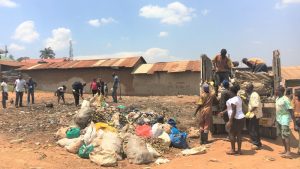
Photo – The big clean up.
Christian organisations – Doctors and Dentists
It is these types of situations that have galvanised many Christian organisations to assist, and in the case of African Enterprise, we aim to express the love of Christ through practical assistance as well as uniting churches for mission in the cities of Africa.
It was an aspect of mission Africa that I recently brought to the attention of the Fellowship of Christian Doctors and Dentists in Canberra on the past long weekend, and the importance of the involvement of the medical community to help address these needs.
Accompanied by a South African medical practitioner Dr Jacobs, now studying health management in Australia, we jointly presented on the various aspects of health outreach AE is involved with, in particular the medical clinics AE is running in Nairobi (Soweto Kayole) and Kampala (Milne clinic).
With the assistance of the medical fraternity and the wider evangelical community, our aim is to build an obstetric unit to reduce the infant mortality rate running much higher than UN standards.
As you reflect on God’s role for your life, and how you are witnessing to Christ’s love today, where is God calling you to make a difference today? Is it in the far flung regions of Africa, 20 hours flight from Australia, or is it next door to you? How is God calling you to love your neighbour today.
Link to the original article: https://christiantoday.com.au/news/fellowship-of-christian-doctors-and-dentists-listen-to-ae.html
Feature image: Celeste at home with her children in the Kampala slums
Kayole is one of many slums located on the outskirts of Nairobi, Kenya’s capital. With an estimated population of 700,000, most of its residents live in abject poverty in homes that lack electricity and running water. Additionally, more than 60% of the population are unemployed with most families living on less than one dollar a day.
The Clinic
In 1996, African Enterprise established the Soweto Kayole PHC Clinic which has become the most efficient, affordable and highly respected community based health care centre within the area. However, it still does not have the facilities to assist mothers giving birth or offer full medical attention to those in labour.
The growing need for maternal interventions in the neighbouring slums has forced the clinic to open its doors to local women for outpatient maternity services even before they have the resources to build and equip a proper maternity wing.
HIV Transference
However, even without a fully equipped maternity wing, the clinic has had great success in reducing the transference of HIV from mother to child after birth. We are confident that with a well equipped facilities, the clinic could achieve a nearly 100% non-transference rate if the mother is treated during pregnancy and the birth.
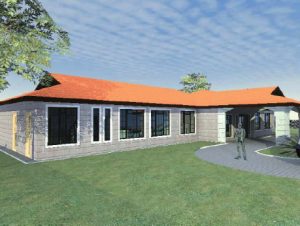 The Soweto-Kayole Maternity Wing
The Soweto-Kayole Maternity Wing
The proposed facility is a 20-bed maternity until attached to the existing clinic. This clinic will be a lifeline to the thousands of expectant women who are in desperate need of safe and reliable help during their pregnancy and birth.
YOU CAN make this dream a reality and help thousands of vulnerable women and children in one of the most desperate places in Kenya!
With your help, we can provide quality care for the thousands of pregnant women in the Kayole Slum.
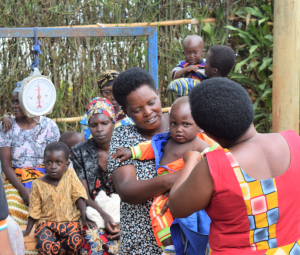
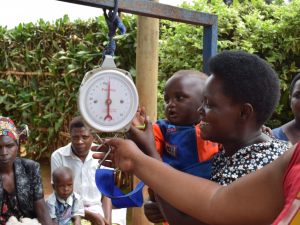


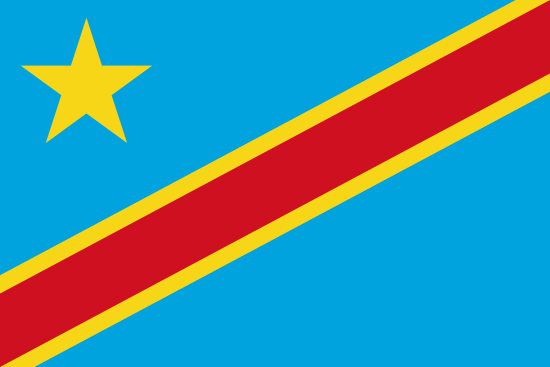
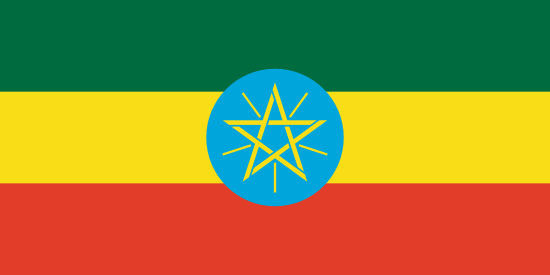
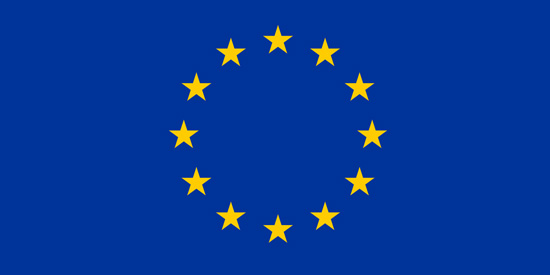
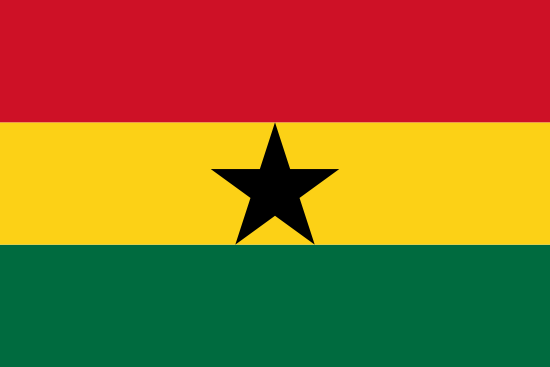

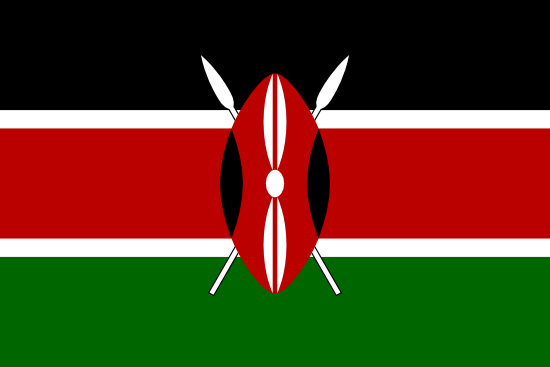
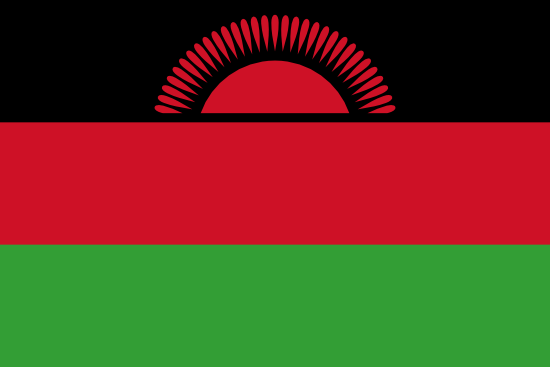
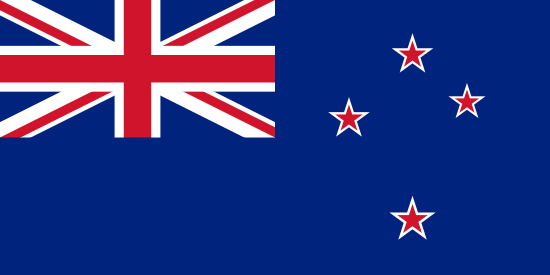
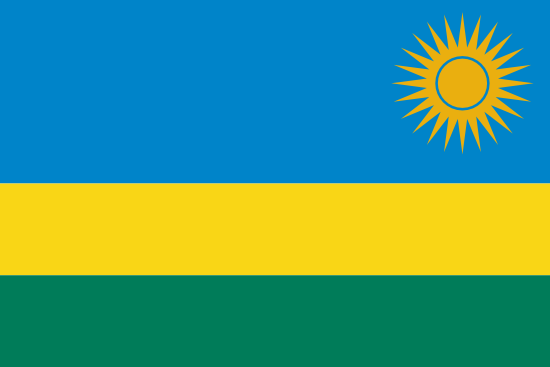
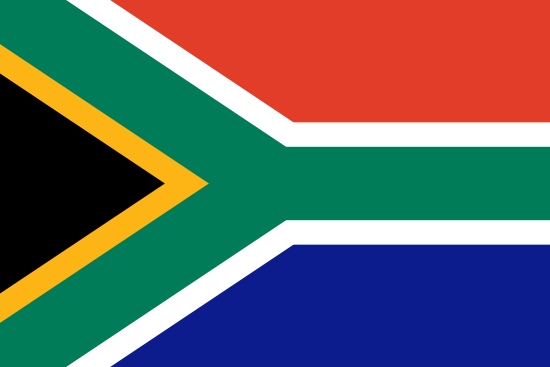
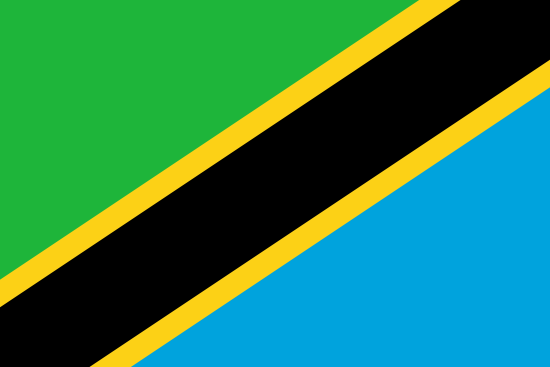
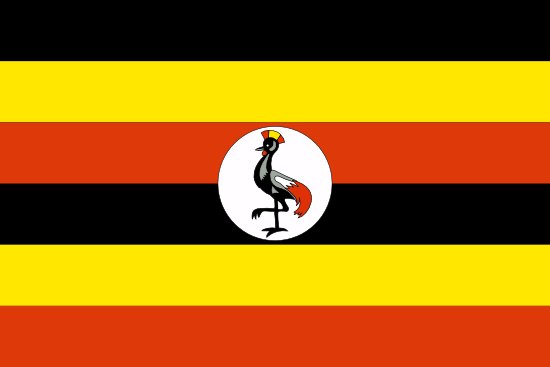
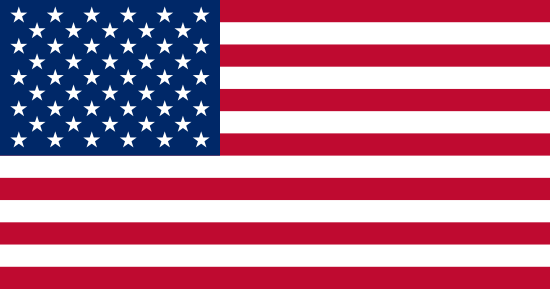
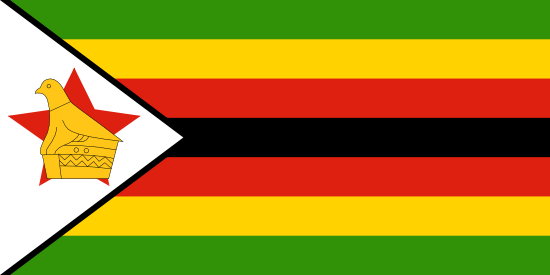



 The Soweto-Kayole Maternity Wing
The Soweto-Kayole Maternity Wing